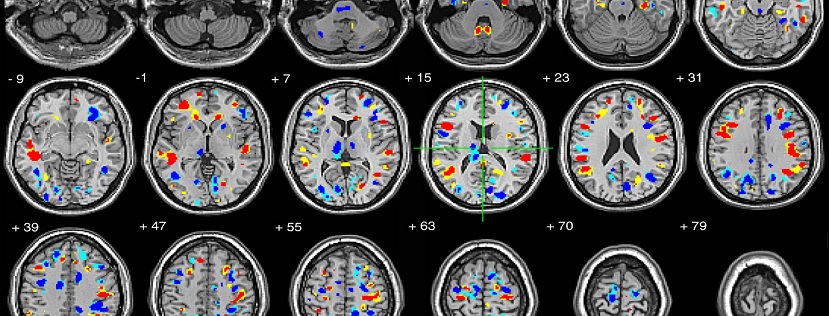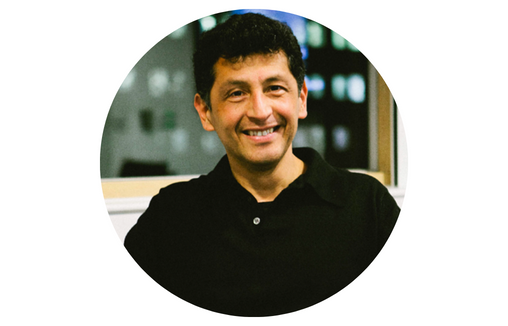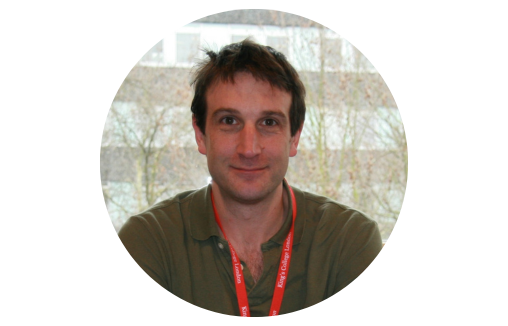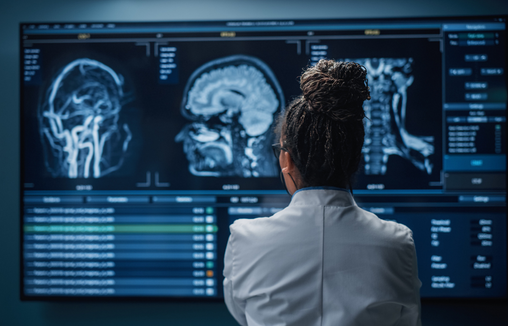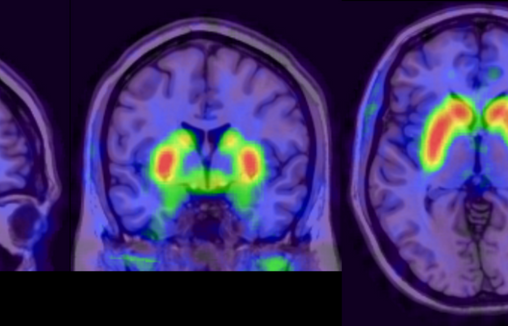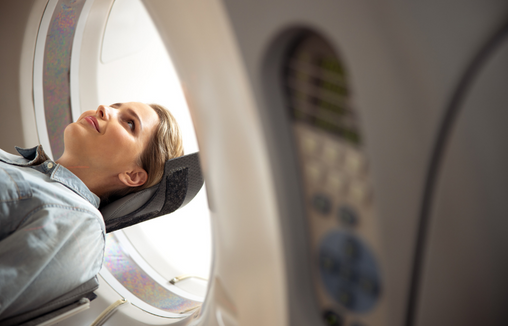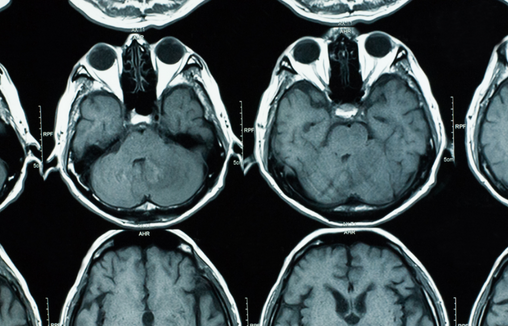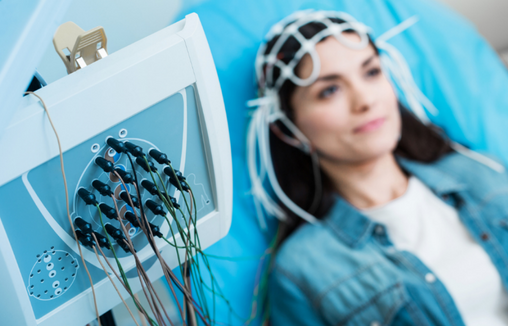Neuroimaging comprises techniques such as magnetic resonance imaging [MRI], Positron emission tomography [PET] and EEG.
In our Neuroimaging theme we investigate brain structure, function, physiology and metabolism across the breadth of psychiatric and neurological disorders.
The overall aim is the continued development and implementation of neuroimaging for better diagnosis, improved understanding of the biological mechanisms behind disorders, enhanced prediction of which patients respond differently and clearer grouping of patients for translational and clinical studies.
Throuhh our technological innovations, we are extending our palette of measurable biological markers so that we can study relevant metabolic and physiological events that have previously been unavailable; e.g. studying glymphatics, the brain’s “drainage system”.
We are developing novel image acquisition and analysis techniques to improve access to brain imaging techniques and to visualise previously unattainable brain function. In this we are creating tools and infrastructure to support continued access to our neuroimaging data for the open science community.
Through the development of techniques such as silent MRI and portable MRI we plan to improve accessibility, reduce costs and improve the scanning environment for some of our most unwell and under-represented patients.
Stories of Research
Discover how our research is making a difference to people’s lives, today and tomorrow.

